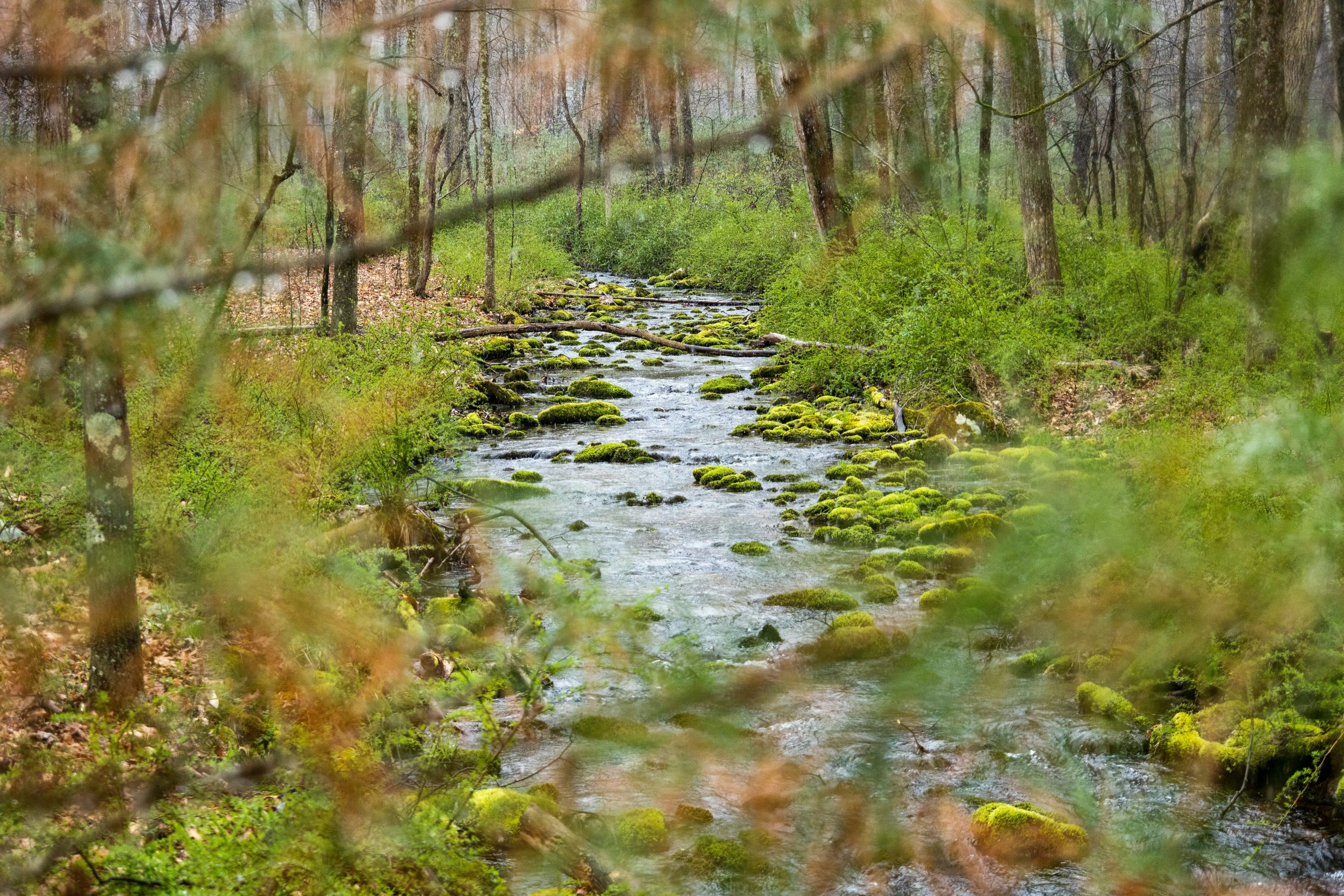Buzzing Battle: City Launches Aggressive Black Fly Control Mission for 2025

As spring emerges across Pennsylvania, the Department of Environmental Protection is launching its comprehensive Black Fly Suppression Program, targeting nuisance insects across an impressive network of waterways. This annual initiative covers an extensive range of 48 rivers and streams, stretching over 1,800 miles of the state's diverse landscape.
The program aims to manage black fly populations, which can become a significant annoyance for residents and outdoor enthusiasts during warmer months. By strategically monitoring and treating these waterways, environmental officials work to reduce the impact of these persistent insects on local communities and wildlife.
Utilizing specialized techniques and environmentally conscious methods, the department will systematically address black fly breeding grounds, helping to minimize their population and potential disruption to outdoor activities. Residents can expect a more comfortable outdoor experience as this proactive approach takes effect across Pennsylvania's river systems.
